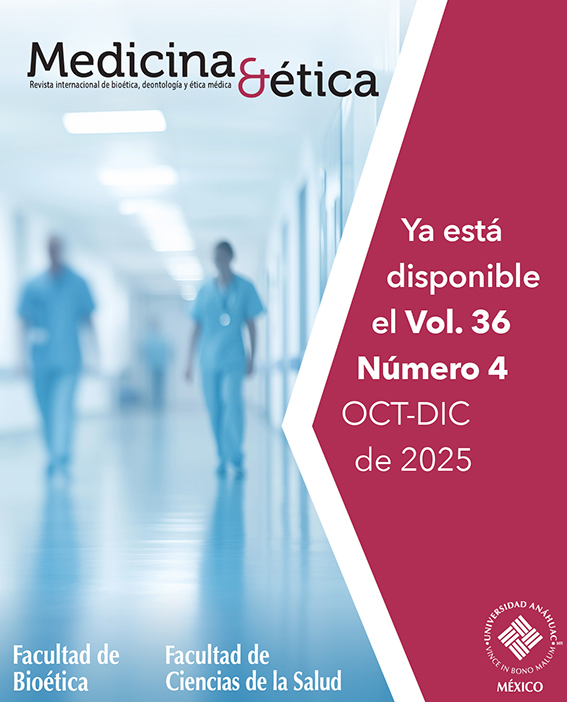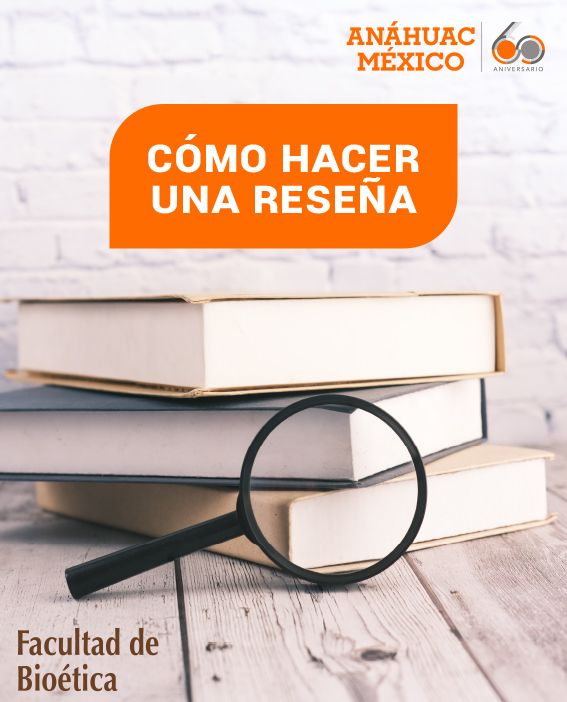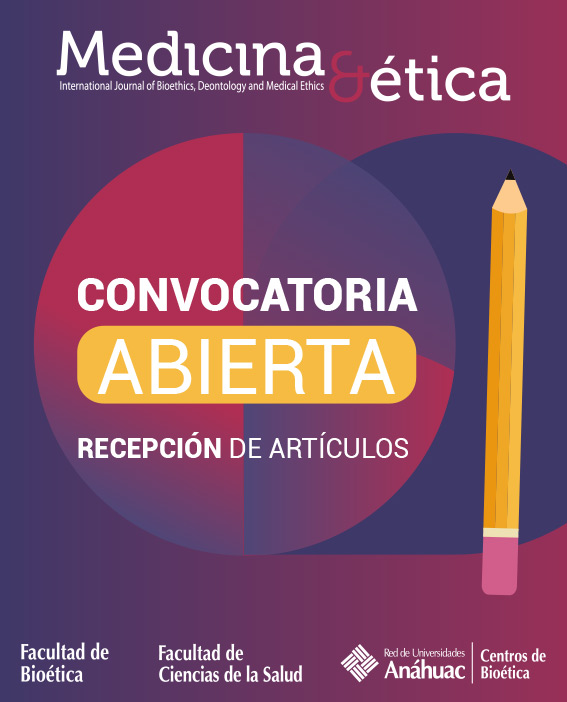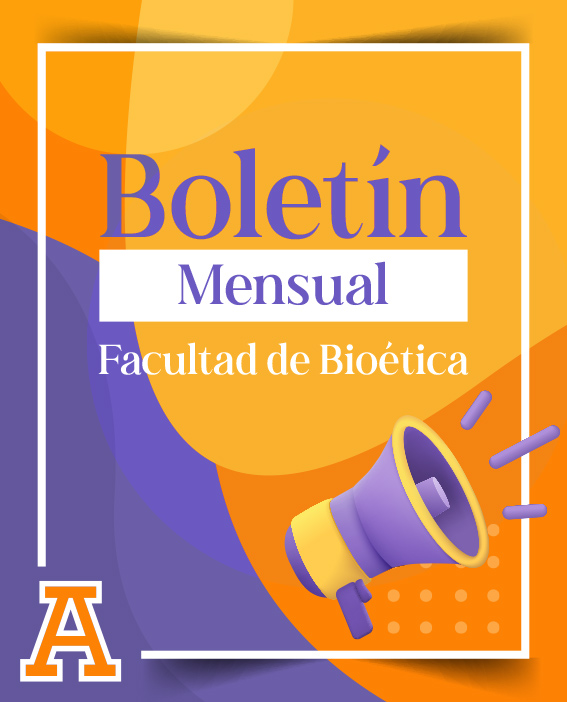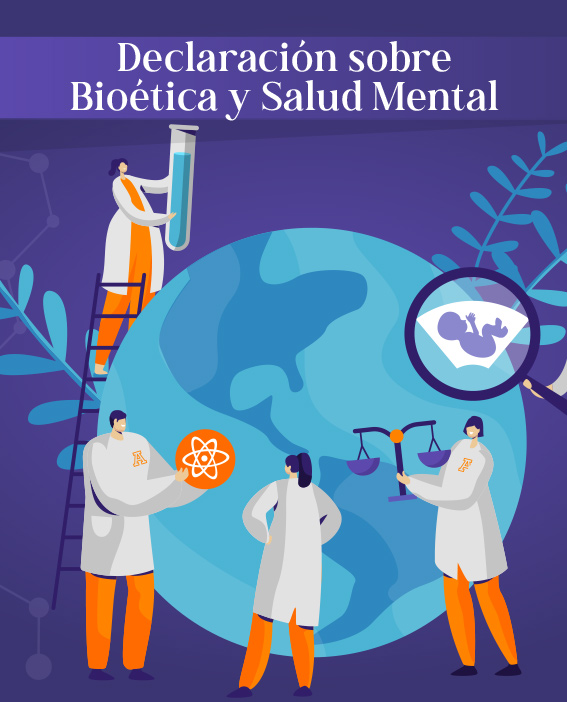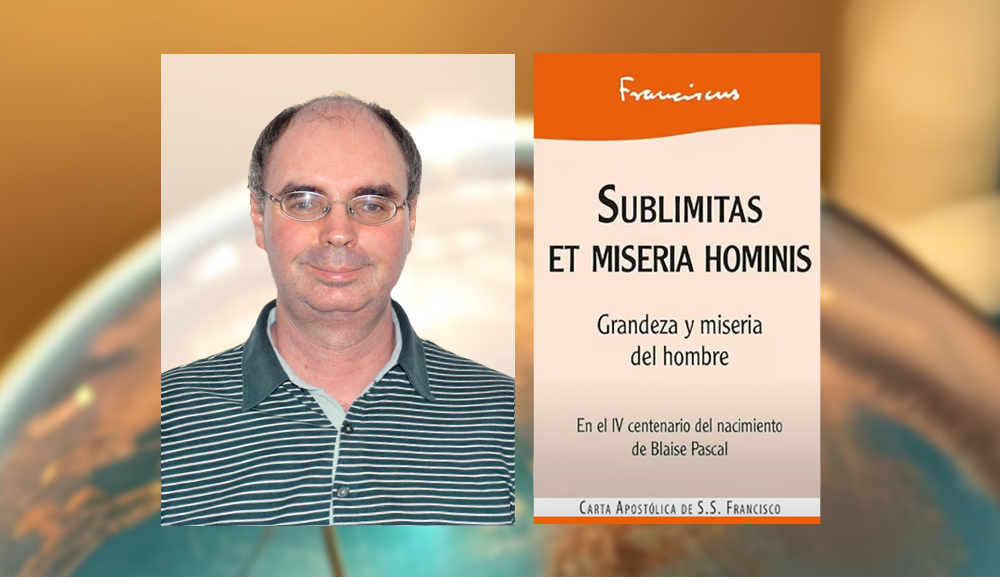
The lecture allowed for in-depth reflection on Pope Francis’ letter “Sublimitas Et Miseria Hominis”, in memory of the philosopher and mathematician Blaise Pascal.
On February 12, 2024, the Querida Amazonía study group held its second session of this year with the theme "Science, Philosophy and Spirituality: About the Pascal de Francisco" taught by Dr. Agustín Ortega, member of the group and associate researcher at the Faculty of Bioethics. The presentation allowed for a deep reflection on Pope Francis' letter entitled “Sublimitas Et Miseria Hominis”, in commemoration of the 400th anniversary of the birth of the philosopher and mathematician Blaise Pascal.
This virtual conference focused on various topics of great philosophical, scientific and humanistic relevance. Aspects were addressed such as the ethical and moral character that characterized Blaise Pascal's thought, the tireless search for truth, the complementarity between faith and reason, as well as the openness towards the supernatural reasons of Revelation in the face of the limits of intelligence, among others.
Dr. Ortega began the session by reflecting on Pope Francis' motivation in writing this letter, highlighting the recommendation of the teachings of Blaise Pascal. Pascal, a prodigious and deeply scientific mind, despite being secular, showed himself to be a tireless seeker of truth, which is why he dedicated himself to avoiding both fundamentalism and relativism, advocating instead desire, restlessness, passion and openness towards the search for truth itself.
Recognized for his extensive training in theology, philosophy and humanities, Dr. Ortega emphasized the need to preserve a global, interdisciplinary and ethical vision. This comprehensive perspective allows us to avoid reductionism and obtain a deeper understanding of politics, suffering, and the material and spiritual needs of everyone, with the ultimate goal of promoting the common good.
On the other hand, our speaker delved into the paradox presented by Pascal: intelligence can identify its own limits and, faced with these limits, it can also open itself to supernatural reasons of Revelation. Furthermore, the idea of the spirit of geometry and the spirit of finesse was explored, highlighting the vital importance of emotions, feelings and everything that is most transcendent and spiritual in human nature.
Likewise, it was emphasized that human beings have a nature that is naturally inclined towards good and that, therefore, seeks beyond their mere existence. In line with these thoughts, the complementarity between faith and reason was highlighted, quoting Albert Einstein's famous phrase: “Science without religion is lame, and religion without science is blind.”
The conference concluded with a question and answer session that emphasized the importance of interdisciplinarity and humanism in promoting dialogue and understanding on issues of great scientific, ethical and religious relevance. This event has marked a significant milestone in the academic and cultural calendar of the Anáhuac University, reaffirming its commitment to promoting critical thinking and deep reflection. Dr. Agustín Ortega's presentation has enriched the knowledge of the university community and has fostered an atmosphere conducive to intellectual and spiritual growth.
More information:
MPSS Inés Marquina
MPSS Marcial Cabrera
Facultad de Bioética
bioética@anahuac.mx

